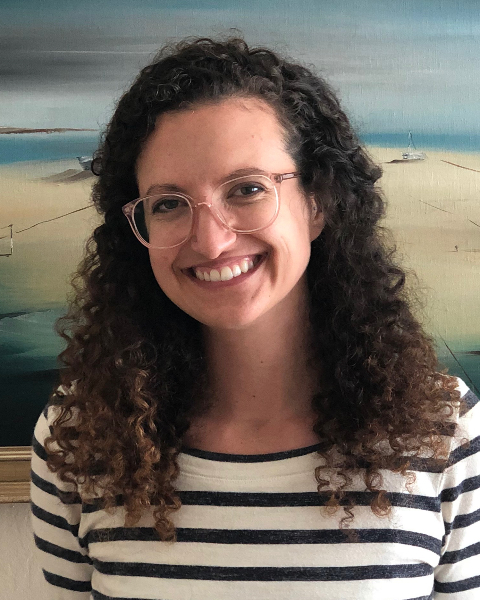Symposia
Sleep / Wake Disorders
5 - (SYM 123) Do Provider Characteristics and Ad-hoc Adaptations Influence the Implementation and Patient Outcomes of Trans-c in Community Mental Health Centers?

Marlen Diaz, B.A.
Graduate Student
University of California, Berkeley
Berkeley, California, United States
Marlen Diaz, B.A.
Graduate Student
University of California, Berkeley
Berkeley, California, United States
Laurel D. Sarfan, PhD (she/her/hers)
Clinical/Implementation Asst Researcher
University of California, Berkeley
Berkeley, California, United States- ER
Emma R. Agnew, LCSW (she/her/hers)
Clinical Research Manager
University of California, Berkeley
Berkeley, California, United States - AH
Allison G. Harvey, Ph.D. (she/her/hers)
Professor
University of California Berkeley
Berkeley, California, United States
Speaker(s)
Co-author(s)
The wide-spread implementation of transdiagnostic evidence-based psychological treatments (EBPTs) would have a profound effect on improving the lives of people diagnosed with serious mental illness (SMI). In the USA, one of the important providers of treatment for SMI are community mental health centers (CMHCs). Although it is not uncommon for CMHC providers to receive training in EBPTs, poor fit between EBPTs and the context has contributed to variable use or even discontinuation of EBPTs. Implementation research and frameworks have highlighted that provider-level characteristics influence implementation outcomes. Furthermore, when EBPTs are delivered by CMHC providers, prior research suggests that providers regularly make ad-hoc adaptations to address perceived patient-specific needs and ‘poor fit’ between EBPTs and the context. Thus, understanding how provider characteristics (e.g., clinical experience, education) and ad-hoc adaptations by providers influence implementation and patient outcomes aids in closing the gap between research and practice, to ultimately sustain EBPTs for SMI in CMHCs.
An important intervention target in SMI is sleep and circadian problems which cause impairment and predict and predate SMI symptoms. The focus of the current study is the implementation of the Transdiagnostic Intervention for Sleep and Circadian Dysfunction (TranS-C). Implementing a transdiagnostic EBPT that treats a range of sleep and circadian problems across a range of SMI diagnoses could confer important advantages for the treatment of SMI in CMHCs.
This presentation will describe provider characteristics and ad-hoc adaptations in the implementation of TranS-C across 10 CMHCs and 99 CMHC who delivered TranS-C to 389 patients. Providers with a background in cognitive behavioral therapy and those with a higher number of clients who completed TranS-C perceived the fit of TranS-C to be greater (all ps < .05). There was no effect of years of clinical experience (p > .05). Ad-hoc adaptations were not associated with any rating of fit and did not result in or translate to effects on patient outcomes (all ps > .05). The discussion will include drawing implications for engagement of providers and adaptation through the implementation process. Through this presentation, we hope to highlight how providers can influence the implementation of EBPTs and patient outcomes from EBPTs, in order further improve sustainment of EBPTs for SMI in CMHCs.

.png)
